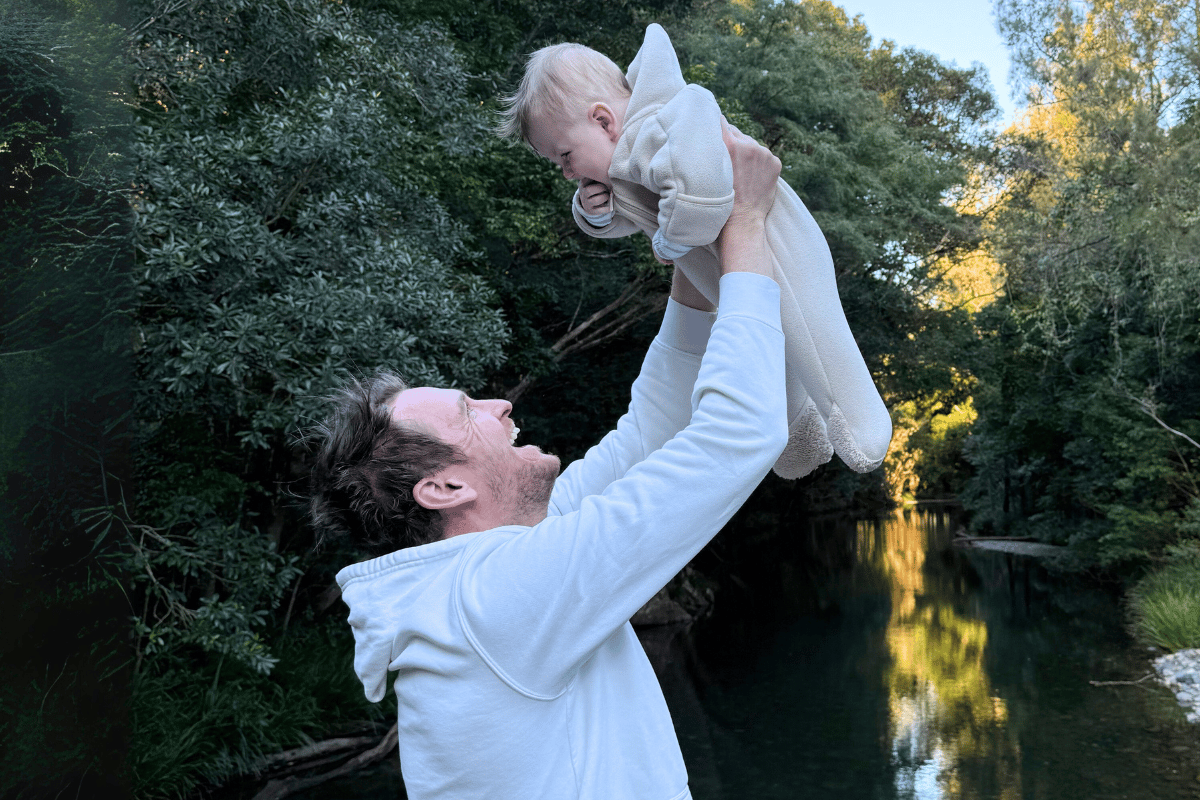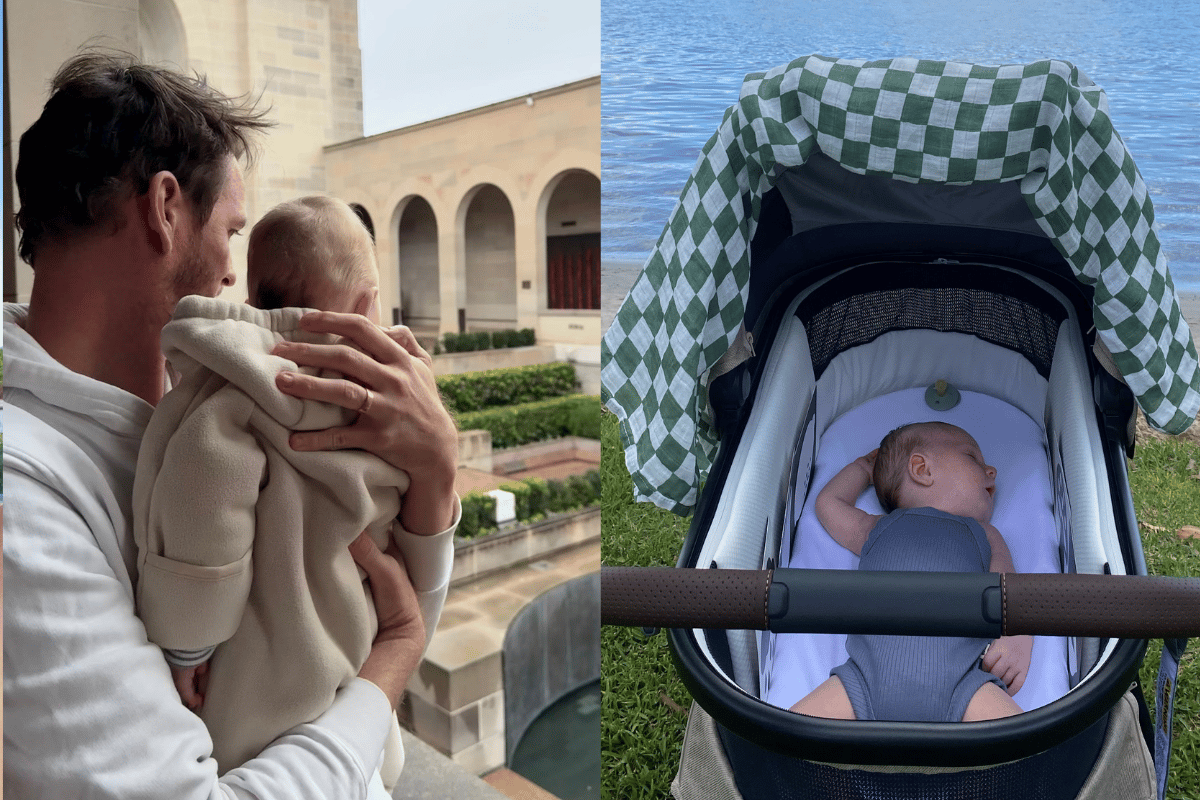
If you want to support independent women's media, become a Mamamia subscriber. Get an all-access pass to everything we make, including exclusive podcasts, articles, videos and our exercise app, MOVE.
When I first told my older brother that my son would not share our last name, his eyes glazed over. As someone that is far more traditional than I am, he seemed unable to comprehend why I would 'allow' such a thing to happen.
What he didn't know, was that this had been our plan for years. It was never even a question for me. It might seem like a small decision to some, but to us, it's part of a bigger conversation about questioning traditions and putting value where it's truly due.
While this was my personal experience — and for the record he wasn't the only friend or family member to react in this way — it is also reflective of a wider cultural discussion that should be happening on a more widespread basis. In Australia, around 95% of children are still given their father's surname (even when parents aren't married).
A statistic like that shows just how doggedly patriarchal naming norms have remained centuries after their inception. And I guess us blokes have to ask ourselves, is this a norm we're willing to (quite literally) put our names to?
The answer for me, at least, was not a chance. And there are three key reasons why.
- The tradition we're quietly (or not so quietly) breaking.
A short history of surnames in Australia immediately shines a spotlight on why the 'father's name by default' convention exists.
Until the late 20th century, married women were automatically referred to by their husband's name in many legal and social settings. This even continues to this day in popular culture — think Elaine Benes in Seinfeld reciting her new name as 'Mrs. John F. Kennedy Junior' when she dreamt of marrying him. The reason this outdated tradition exists in the first place is that women were regarded as property of the dad, and then the husband.





























































































